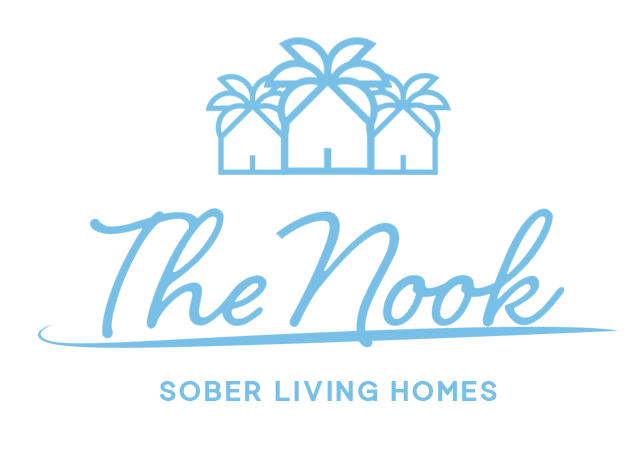Early acknowledgment of the behavioral warning signs of a substance use disorder helps improve access to the care and treatment needed to overcome addiction and begin your journey towards lasting sobriety. If you are one of the millions of Americans who struggle with a drug or alcohol use disorder, ongoing substance use will inevitably lead to physical, emotional, and behavioral changes caused by how drugs or alcohol affect the brain and body symptoms. Understanding the signs of addiction can help you encourage a friend or loved one to contact a medical or mental health provider to learn more about treatment and sober living options in Los Angeles.
What Causes Addiction?
Unfortunately, the question of what causes addiction does not have a precise or straightforward answer. Addiction is a chronic disease, meaning it cannot be cured, that affects the brain and other vital body systems. The changes that occur to the brain when someone struggles with ongoing, untreated drug or alcohol addiction make overcoming a substance use disorder without treatment help difficult. Research studies conducted by the medical and mental health communities suggest several risk factors may contribute to addiction development. These factors include genetics, environment, trauma, and pre-existing medical or mental health conditions.
Some studies suggest genetic factors may contribute up to half of one’s risk of developing a substance use disorder. Genetic factors include one’s genes “at birth,” including biological gender, ethnicity, and cultural factors. Another significant contributing factor to addiction development is one’s environment. In this case, environment includes influences from your surroundings, including friends, economic stability, housing, family, and overall quality of life. Other environmental factors include social concerns such as peer pressure, early exposure to illicit drugs or prescription pain killer abuse, stress, and parental influences. Research suggests that each (or a combination) may increase your risk of developing a substance use disorder.
Underlying mental health and medical health conditions are other common contributing factors to addiction. People with anxiety, post-traumatic stress disorder (PTSD), depression, or another mental health diagnosis may use substances to self-medicate. Self-medicating is the practice of using drugs or alcohol to reduce the severity, intensity, or presence of mental health symptoms. Unfortunately, substances only offer short-term relief, and larger, more frequent doses are required to maintain comfort. Self-medication can quickly lead to tolerance, dependency, and addiction.
What are the Signs of Addiction?
Different substances have different effects on the user. Also, the signs of addiction will look different for someone struggling with a severe addiction than for someone with a mild addiction. For this reason, it is challenging to define specific signs of addiction that will occur in every case. Drug and alcohol addiction generally presents with physical, psychological, and behavioral signs of addiction. Common physical signs of addiction include weight changes, fatigue, stomach, digestive problems, bloodshot eyes, and others.
What are the Behavioral Signs of Addiction
Various drugs result in behavioral and mood changes. You may notice your friend or loved one becoming more secretive, neglecting essential responsibilities, becoming more isolated, changing their social circle, or showing disinterest in formerly enjoyed activities and hobbies. You may also notice new or worsening financial, legal, and relationship issues linked to substance use.
If your friend or loved one is struggling with addiction, you may notice they may act differently. Ongoing drug and alcohol use leads to changes in the brain which can evolve into notable behavioral and emotional changes. Addiction can cause changes in how your loved one acts, speaks, or thinks. Their priorities will likely change as substances take precedence over family and social obligations. In time, substance use and abuse may result in changes in personality, paranoia, negative self-image, lack of motivation, apathy, and new or worsening mental health concerns such as depression or anxiety.
How to Find Treatment for Addiction
Acknowledging an unhealthy relationship with substances and choosing to seek support at a treatment program is the first step toward putting struggles with drugs or alcohol in the past. There are several ways you or a loved one can find addiction treatment, including contacting your primary care provider, a mental health provider, or contacting us at Nook Sober Living to learn more about our outpatient treatment and sober living programs. The Nook Sober Living provides sober living homes near Malibu and Southern California. Let us help you as you take the first steps on your sobriety journey. Contact us today for more information.

